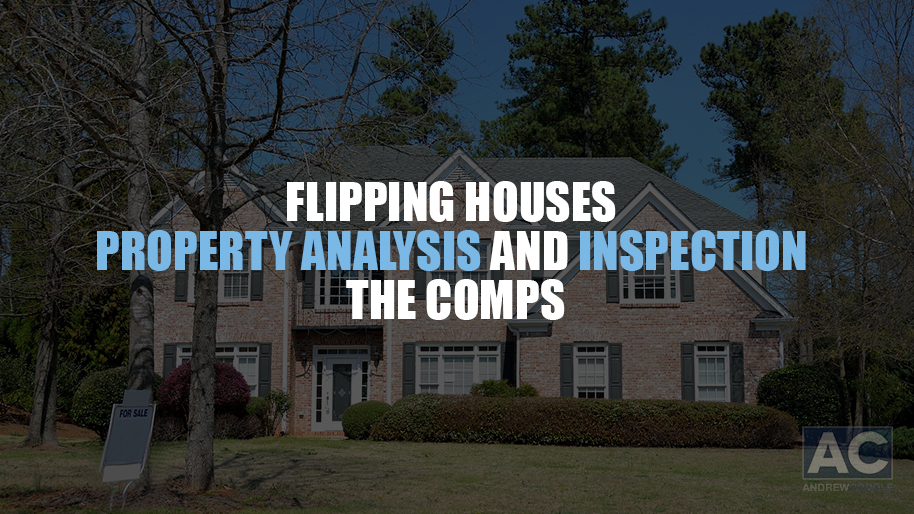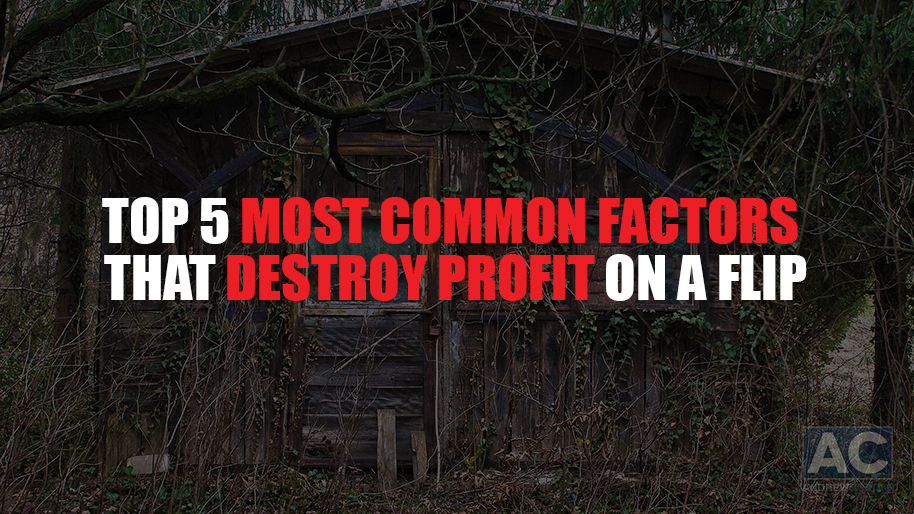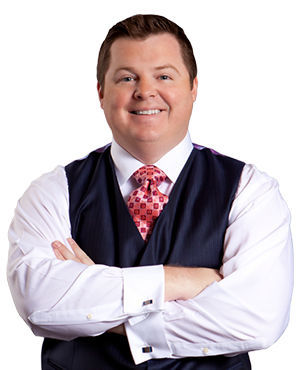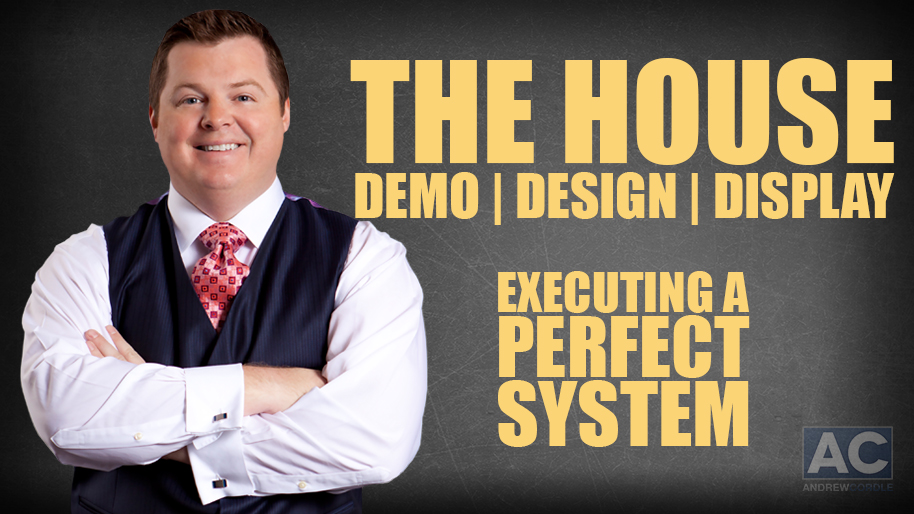
What is a comp (comparable)? To determine the value of a house, an appraiser or an agent will typically look at three comparable sales in the area, or “comps” as they are known in the industry. Agents and Appraisers have access to the Multiple Listing Service, known as the MLS, which is a database of all the properties in a given area that have been listed “for sale,” are in process of being sold (pending,) or have already been sold. Without being an agent or an appraiser, you may have a harder time accessing this information. Additionally, you can ask your agent for a list of comps – which should be easy and free for your agent to supply to you. It’s very important to find our comps immediately or as soon as possible. When I’m looking for comps, (to use a popular metaphor) I try to get as close as possible to an “apples to apples” comparison. Rarely would one ever be lucky enough to be comparing “red apples to red apples” unless you’re buying within a condominium or homeowners association neighborhood. You’ll likely be comparing “red apples to green apples,” but it’s important that they’re both “apples.” Nothing will be identical but comparing something close to what you’re buying will get you the best numbers. Here is a short list of seven very important comps that I include in all of my property analysis’: 1. How much have comparable properties sold for in this area within the last 6mo? 2. To expound on number one, what has sold within 1/4 mile to 1/2 mile of your house? 3. Ensure that my property is equivalent to the comp property – is it a rehab, REO, HUD, or a homeowner-occupied and then I organize them accordingly? 4. What is the square footage comparison? I’m looking for a house with comparable size/square footage. 5. How many bedrooms and how many bathroom? 6. What is the yard/lot size? 7. How big is the garage, if applicable? So where does one go to pull comps? The easiest way to pull a comp is to be a licensed real estate agent or broker because one would obviously have unfettered access to the “Multiple Listing Service,” or the “MLS.” Fortunately for me, my wife is a licensed agent and broker. However, if you’re not licensed, I recommend either earning the license on your own or having someone close to you like a spouse, business partner, or a close family member/friend obtain theirs. It can really save you a lot of time and even some money depending on the situation. However, it’s not always as simple as getting your license or paying for someone else close to get theirs. Before my partner earned her license, I had to use other options. I still use...
Read More »

Coming soon, the Andrew Cordle real estate investing iFlipuFlip Podcast! This year, we are pleased to announce our newest educational project, a weekly podcast available free to real estate investors of every experience level. That’s right, a FREE podcast for flippers and investors! A wise man once told me, “There is no such thing as too much education”! That holds true for real estate investors. Further, we’re not asking investors to pay for it. We’re “paying it forward” and helping investors take their knowledge and business to the next level and beyond! It’s paramount that investors continue their education as the market is constantly evolving and one needs to stay up with the latest market trends. Your podcast host is master investor Andrew Cordle. Andrew has been successful in real estate for more than a decade. He made his first million by the age of 25 and lost it all in the crash of 2008. Taking with him all of the lessons learned during the downturn, Andrew has developed a recession-proof method of real estate investing. He also celebrated an alliance with Home Depot in 2013. Andrew’s passion is helping people find their purpose! Using his relationships and marketing knowledge, Andrew continues to flip successfully all over the southern portion of the United States. Those markets include Atlanta, Chicago, and throughout Texas. Now, he will be sharing his real estate investing knowledge with you! The idea behind the iFlipuFlip Podcast is to be another tool in your educational arsenal. Our educational speakers will share their vast wealth of knowledge with you every week, for free! Can you find 20 minutes in your week to increase your investing knowledge? What will you take-away from the iFlipuFlip Podcast? Designing a flip Marketing real estate blogs How to flip a house Real estate systems Finding funding Rental properties Social media marketing Out of state rentals Investing for beginners Plus much, much more! So, are you ready to take your investing and your profits to the next level? Then download the weekly iFlipuFlip podcast today! Click below to have the blog read to you by the author! http://andrewcordle.com/wp-content/uploads/2015/01/2015-01-13-Cordle-1-MP3-File.mp3 ...
Read More »
In this video, Andrew shows you how to flip a house by executing the perfect system. For demolition, design and display in many different areas of the physical property. Andrew has spent the last decade showing investors of every experience level how to flip houses. Now you too can learn how to flip a house! This week you can expect to learn: What you can do with a back patio deck to help make sure you get top dollar for your house Interested in learning more about how to flip a house? Check out Part 1 and Part 2 to get caught up, and check back weekly for more awesome tips on how to flip a house! ...
Read More »

As a real estate investor, turning a profit on a flip is how you make your living. It’s how you put food on the table and grow your business. A profitable flip supports your business and personal life. This post will discuss the top five factors that prevent both novice and experienced house flippers from turning a profit on a flip. If you take these problems and apply the solutions to your business, there’s no reason why you can’t make a bigger profit on a flip! Problem 1: You don’t have a realistic budget Accurately analyzing repairs is a skill that always gets better with time and experience. After a few flips, you start to understand more of what to look for and extras to account for. Not all investors have time or experience. If you have just jumped into the real estate investor game or you only do a couple of flips a year, you may have problems accurately calculating the cost of repairs. You may be able to turn a profit on a flip, but maybe you feel like you could be making more. What can you do? Calculating repairs isn’t an exact science, but you can definitely get close! Try using my Budget Cheat Sheet. It is used for calculating general costs of material and labor. It also includes 10% of “fiscal wiggle room” to ensure that you can account for the unknown. Again, this does not calculate repairs down to the penny, but it will put you in an accurate ball park and should be included in your real estate investor tool box! You could also walk rehabs with a contractor. It never hurts to ask for help, especially if you have built a great relationship with your contractors. Without somebody like a mentor or a tool like a budget cheat sheet, you will have a hard time knowing what to look for and how much it will cost to fix. Walking a potential flip with a contractor can help build a great relationship with them, as well as increase your understanding of what general repair costs are. Try using a budget calculator to determine repair costs Walk potential deals with a contractor When it comes to budgeting, always account for the unexpected Problem 2: Over and under improving More often than not, rehabs end up under repaired. Chances are if you have done the deal and are looking to begin repairs on the house, then you have calculated your ARV. You know how much your house should sell for, but do you know why it should sell for that much? If you based your ARV on houses that had granite counter tops, then your rehab needs granite counter tops. Your house needs “wow” factors. If you under improve your house, there is no way you will to...
Read More »











